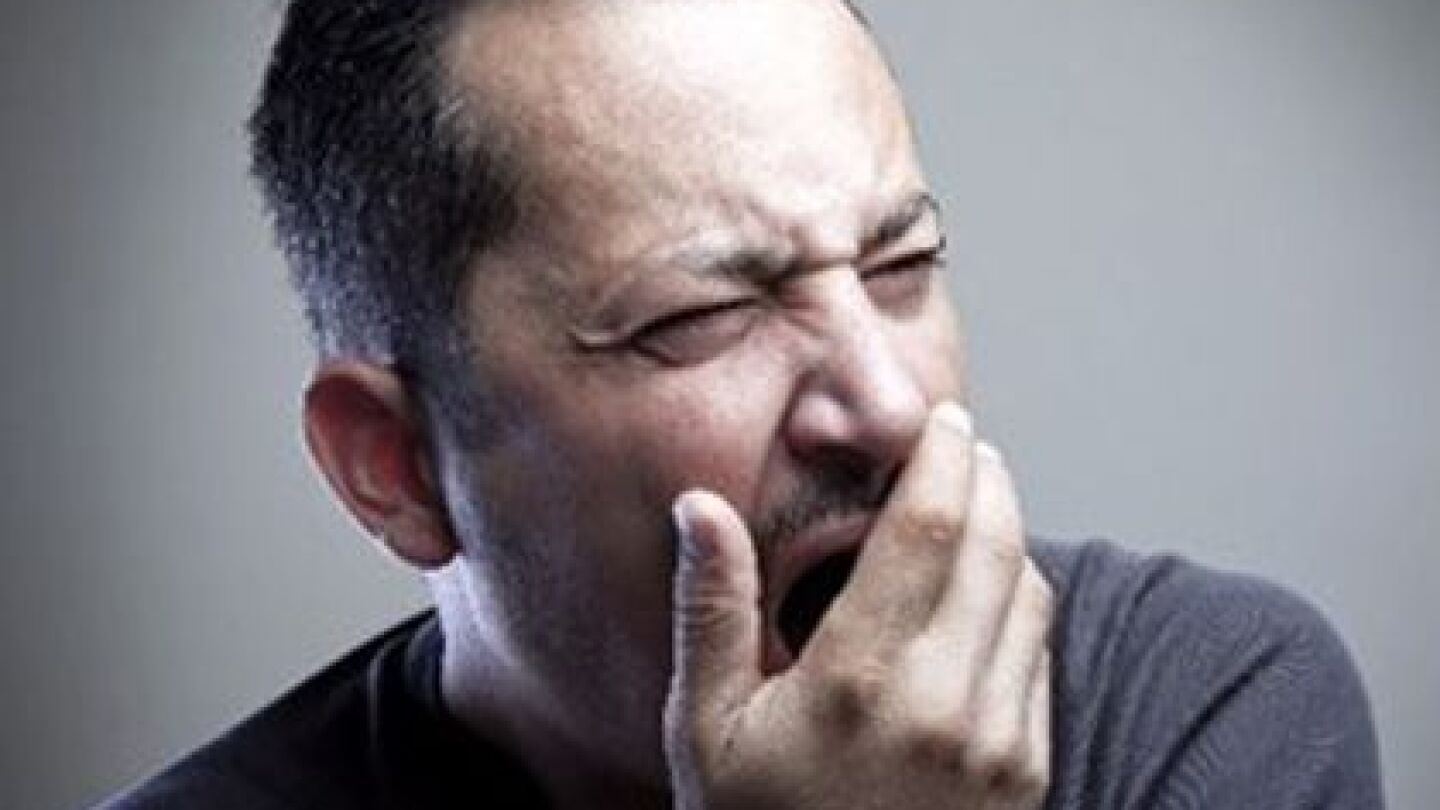Sleep
Who could use a little more sleep?
Better sleep is the best first responder countermeasure to shift work and fatigue
A majority of EMS1 respondents are split between two shift options – do you agree?
County EMS providers are seeking a collective bargaining agreement, claiming staff shortages are creating safety risks
Paramedic Bart Buckendorf will visit more than 30 towns to teach a class and raise awareness of the dangers of SIDS
A Boston MedFlight pilot allegedly fell asleep while transporting a patient from Martha’s Vineyard to a Boston hospital
Explaining the reason you are unable to cover an open EMT or paramedic shift is unnecessary and counter-productive
When sleep-deprived, “Individuals working critical jobs may put themselves and [others] at risk,” one researcher said
A paramedic hopes this last thought will help her find sleep again
The two Australian paramedics refused to take on an “extensive transfer” because they were concerned about their level of exhaustion
Take these steps to get quality sleep to protect against mental and physical health effects
Amy Eisenhauer to discuss health risks and performance impact of disrupted sleep, as well as strategies for overcoming these challenges, as part of EMS PRO conference
Decoding the myth of poor responder resiliency, stress and responder fatigue in EMS
Expert opinion and guidelines can frame this important EMS health and safety issue and guide future research and progress
EMS sleep practices, the opioid epidemic, community paramedicine and patient transport mark some of the biggest issues to watch in 2018
EMS Trend Report 2017 findings highlight the importance of fatigue management as a safety issue for both caregivers and patients
Great strides have been made in ambulance safety, design and operation, but significant risk still exists
The Grieses started the Molly Ann Gries Foundation last year to raise awareness about and distribute resources surrounding infant sleep safety
Evidence-based recommendations to address fatigue in EMS was introduced to paramedic chiefs and EMS leaders at Pinnacle 2017
EMS providers are more susceptible to sleep disorders and their inherent dangers and health implications
The EMS1 Advisory Board reacts to second-degree homicide charges brought against EMT Crystin Keys after a fatal ambulance crash
Around-the-clock response capability is why EMS organizations exist, but individual EMS providers need to regularly go out of service to rest and recharge
The breaks are required every four hours for non-salaried employees
Our co-hosts discuss a review of shift work, sleep duration and their respective effects on health
Our co-hosts answer a question from an EMT seeking advice on how to best react and respond to calls at night
Review from The BMJ confirms what many paramedics, firefighters and police officers already know about shift work and its effect on sleep
Separate from bunk rooms, the rooms have blackout shades, disabled tones, a fan and bedding to allow for proper sleep
If you have any of these signs, then it’s time to face the music and accept your destiny to become a paramedic
Watch for these signs in yourself, your co-workers and try some of these tips to manage the traumatic stress of EMS work
Use the EMS “Go to Sleep” checklist to see if lack of sleep is making you or your partner dangerous to one another, your patients and the community
Errors in patient care and EMS provider health concerns are raising awareness of the risks of prolonger work hours
Paramedic chiefs and EMS leaders need to set shift length based on call demand, available personnel, equipment supply and time on task
Understand the importance of balancing clean eating with stress to achieve your wellness, fitness and health goals
























